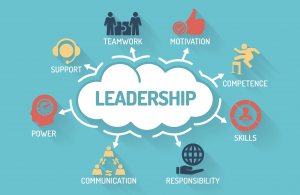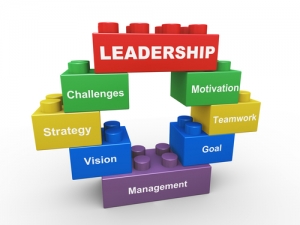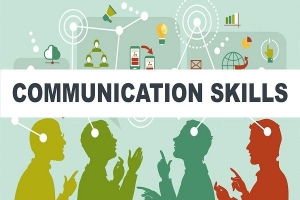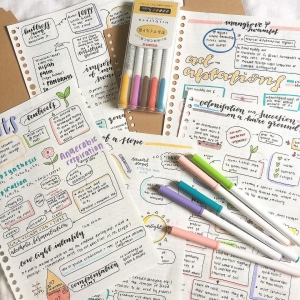There is often a misconception that creativity is only for “creative people” like artists, writers or musicians and that it is always inherited. But that is so not true. It is a valuable skill for people from all walks of life, and there are many ways to bring out your creative side through various methods. Creativity builds your confidence and communication skills, improves your ability to solve problems, and keeps you curious!
-
Work Out Your Creative Muscles!
Creativity is like a muscle. You will need to work it out to strengthen it. Meaning, take some time out of your day to unplug from social media, emails, work, and all the chaos just to let your mind wander! Think about different things in the world. Go through your favourite memories, and this might spark some inspiration for you! If it helps, keep a journal and pen down your thoughts. You never know what you might stumble upon!
It has been proved that the more you use your brain to do something, the stronger the connection between the cells involved become.
-
Switch Things up a Little!
Try reorganising your room or your day. It does not matter if you think it’s not so significant. Try changing your daily habits, maybe to have a dedicated morning routine. This might help you think differently.
Change things up on your desk and keep it tidy. A clean and minimal space plays a primary role in sparking your creativity.
-
Leave No Stone Unturned!
When was the last time you learned something about the space? Have you ever come across the stories of the Bermuda triangle? How does water behave in space? How are black holes possible? Now is the best time to step out of your comfort zone and explore!
Read a book about something that excites you, watch a documentary, visit a museum or dive down the internet rabbit hole and delve into astronomy!
Try a new creative hobby like nature journaling, playing music, painting, or whatnot! Have a friendly debate with someone. This might present you to a unique perspective!
Research implies that expanding your knowledge of unfamiliar topics nourishes new ideas and divergent thinking.
-
Keep an Eye Out for Inspiration!
Always look out for creative ideas or inspiration and make sure you jot them down on the go – in a pocketbook or on your smartphone. To make a note of it, you could write it in words, draw a little doodle or record a piece of audio. Create mind maps or flowcharts; whatever works best for you! Later, when you are away from all the distractions, you can go through these ideas and contemplate on how you can act upon them. Some ideas do not work out, and that is ok. Do not let it make you feel less worthy.
Most of the time, the problem is not the lack of inspiration or ideas but not observing and recording them.
-
Figure Out Your Most Creative Hours!
We all indeed have certain times of the day where our creativity is at the peak. To discover this time, regularly pay attention to your thoughts and ideas throughout your day. It could be during the morning with your cup of coffee, in the afternoon after lunch, in the evening during your tea time, or even right before you go to bed. Sometimes, it is also in the midnight! Find this time and schedule it for some daily creative musing.
-
Challenge Yourself!
Put yourself in challenging positions, brainstorm for ideas and act upon them. Try solving tricky puzzles, arrange an escape room game with your friends! Or simply challenge yourself by setting a time limit to complete a particular task. Chances are you have hit a new creative thought! That is because challenges act as a catalyst to think creatively and come up with alternative ideas or solutions.
In short, creativity is something that can be cultivated with the right mindset and practices. It is an important skill to add to your skillset. It makes you a better performer at work and presents you with exciting opportunities. I hope these tips help you fuel your creative thinking process and realise that it is never too late to be creative!





















